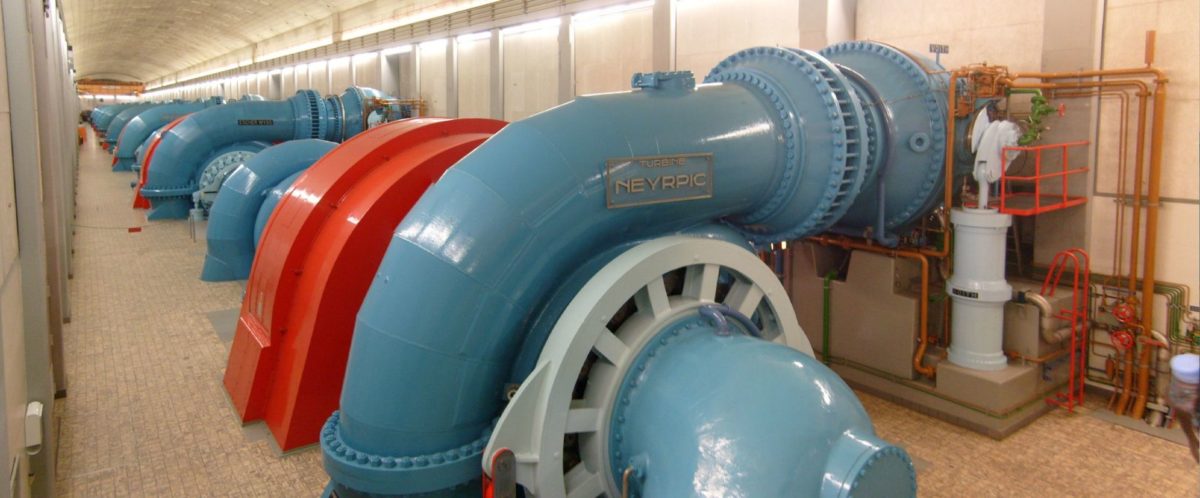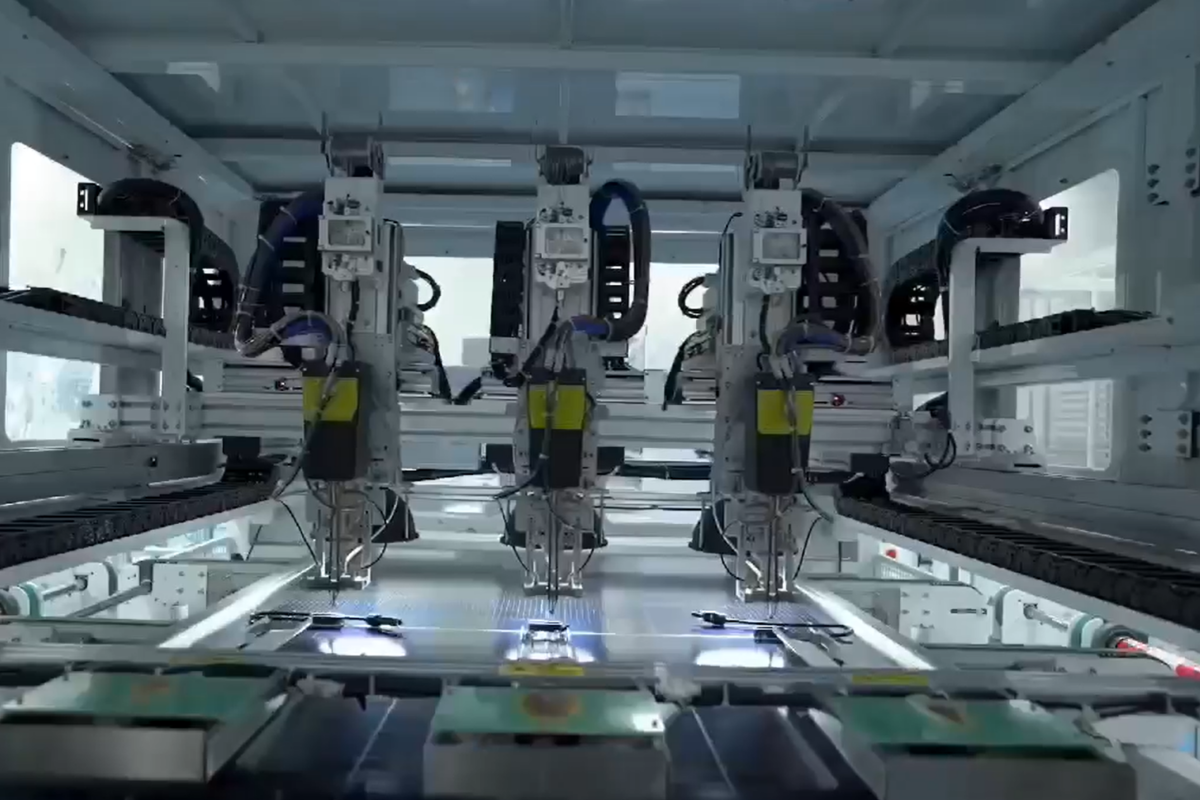ICRA’s new report says India needs a strong policy focus on pumped storage hydro with a series of measures notified for demand and supply push.
The analysts expect the share of renewable power in electricity generation to increase from 11.5% in FY2022 to 28% by FY2030. In this scenario, they say pumped storage hydro remains systemically important from the grid stability perspective, given its benefits over battery energy storage systems (BESS).
Pumped storage hydro projects have a long economic life of 40 years, are based on very mature and indigenous technology, and are efficient. These are also cost-competitive. The levelized cost (considering capital cost of $250/kWh) using BESS is estimated at INR 11.1 ($0.14)/kWh, which is twice the base-case cost estimate (conversion) of INR 4.98/kWh for pumped storage hydro projects.
ICRA analysts estimate a huge potential of 96.5 GW for pumped storage hydro. However, the operational capacity of pumped storage hydro remains very low at 3.3 GW because of high development costs and inherent challenges in the construction of pumped storage schemes. The untapped potential is 62.4 GW, considering the capacity not yet working in pumping mode/under survey and investigation at 27.8 GW.
The analysts say the development of pumped storage hydro projects is hindered by factors such as the delay in receipt of environmental clearances/ forest clearances, resettlement and rehabilitation issues in case of large dams and reservoirs for on-river schemes, elongated construction schedules resulting from geological surprises/ difficult terrain, high construction cost resulting in increased conversion/ landed tariff, and Availability of water for initial filling of off-river schemes.
The Ministry of Power (MoP) in April 2023 finalized guidelines which are positive for the pumped storage projects. The guidelines comprise various measures such as monetizing ancillary services, exemption from free power obligation/local area development fund, state GST reimbursement, and rationalization of environment clearance.
Grishkumar Kadam, senior vice president & co-group head – Corporate Ratings, ICRA Ltd, says, “The levelized tariff for pumped storage hydro projects in the base case, assuming a capital cost of INR 6.5 crore/MW, is estimated at INR 5/kWh, and the landed tariff, including the cost of energy required for pumping, is estimated at INR 9/kWh. While the tariff competitiveness of the storage component for pumped storage hydro projects is modest, PSPs benefit from a long economic life of 40 years with a very mature and indigenous technology available. Pumped storage hydro projects are also estimated to remain cost competitive against the storage cost associated with battery energy storage. Nonetheless, the timely implementation of market reform measures as highlighted in the guidelines remains important to improve the financial viability of pumped storage hydro projects.”
This content is protected by copyright and may not be reused. If you want to cooperate with us and would like to reuse some of our content, please contact: editors@pv-magazine.com.









By submitting this form you agree to pv magazine using your data for the purposes of publishing your comment.
Your personal data will only be disclosed or otherwise transmitted to third parties for the purposes of spam filtering or if this is necessary for technical maintenance of the website. Any other transfer to third parties will not take place unless this is justified on the basis of applicable data protection regulations or if pv magazine is legally obliged to do so.
You may revoke this consent at any time with effect for the future, in which case your personal data will be deleted immediately. Otherwise, your data will be deleted if pv magazine has processed your request or the purpose of data storage is fulfilled.
Further information on data privacy can be found in our Data Protection Policy.